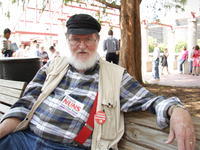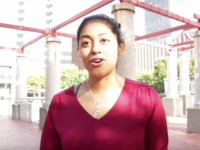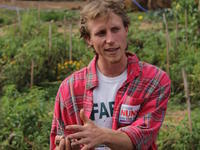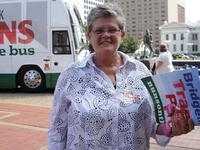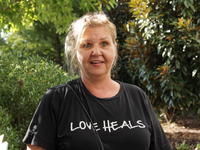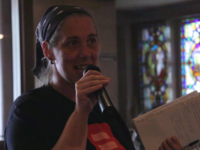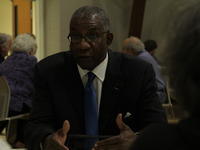Economic collapse and hurricanes hit our area and affected those who who are most vulnerable. We also have Latino immigrants who struggle to gain a foothold in our culture.
Our parish of St. Mary in Alpha participates in an interfaith hospitality network through our social justice ministry. Homeless families find meals, shelter, and counseling until they get a place of their own and jobs to support themselves. Since its founding in 2004 hundreds have been served.








